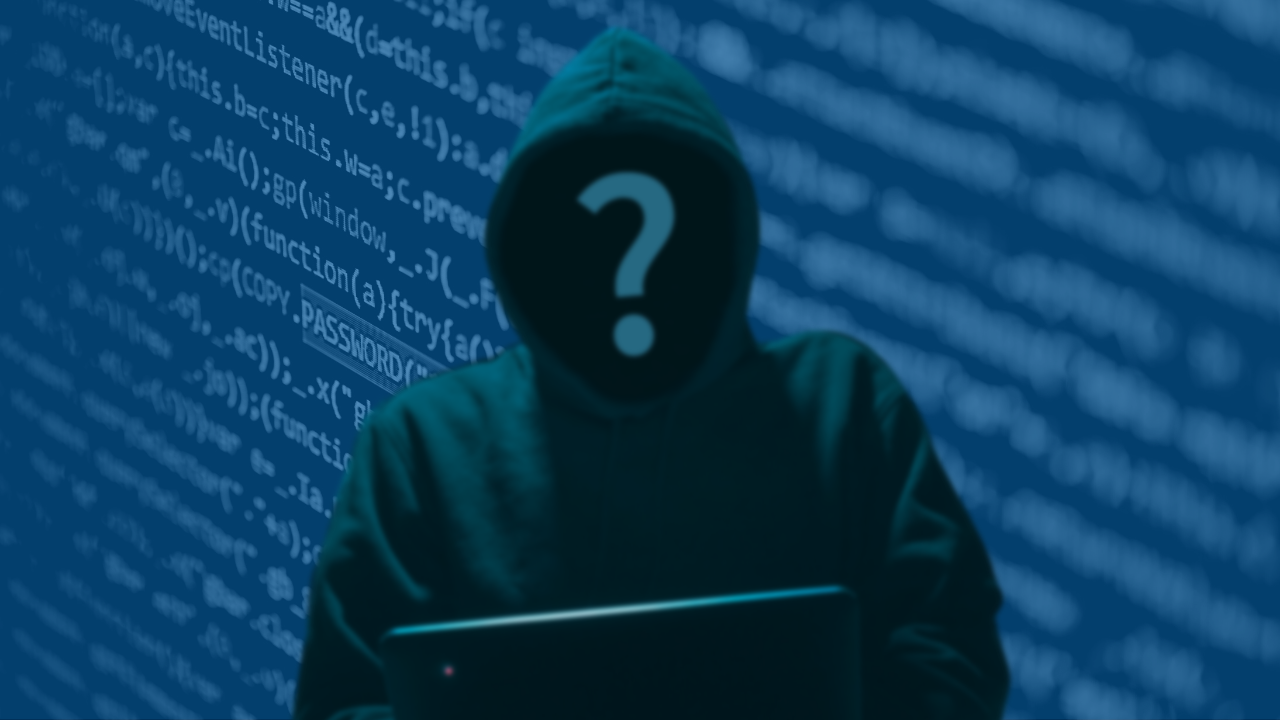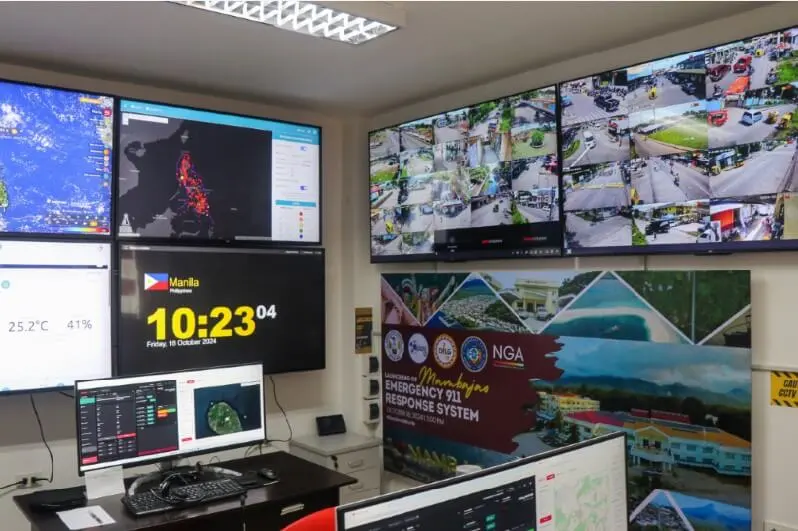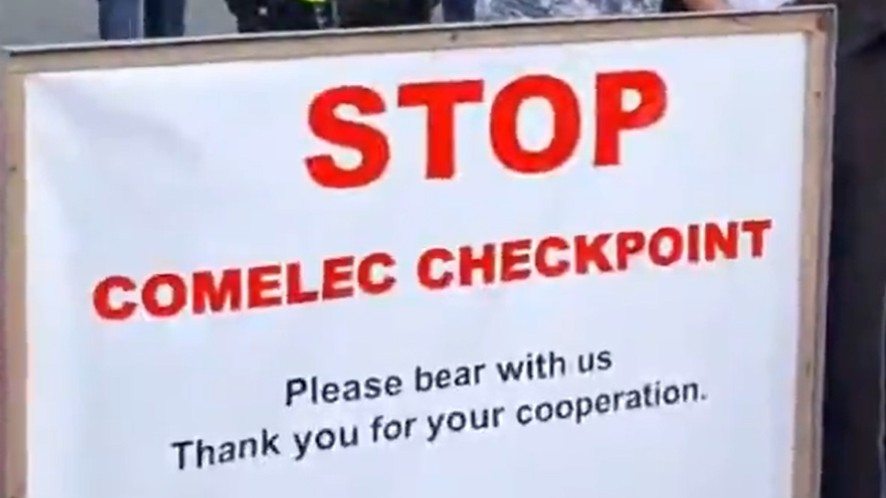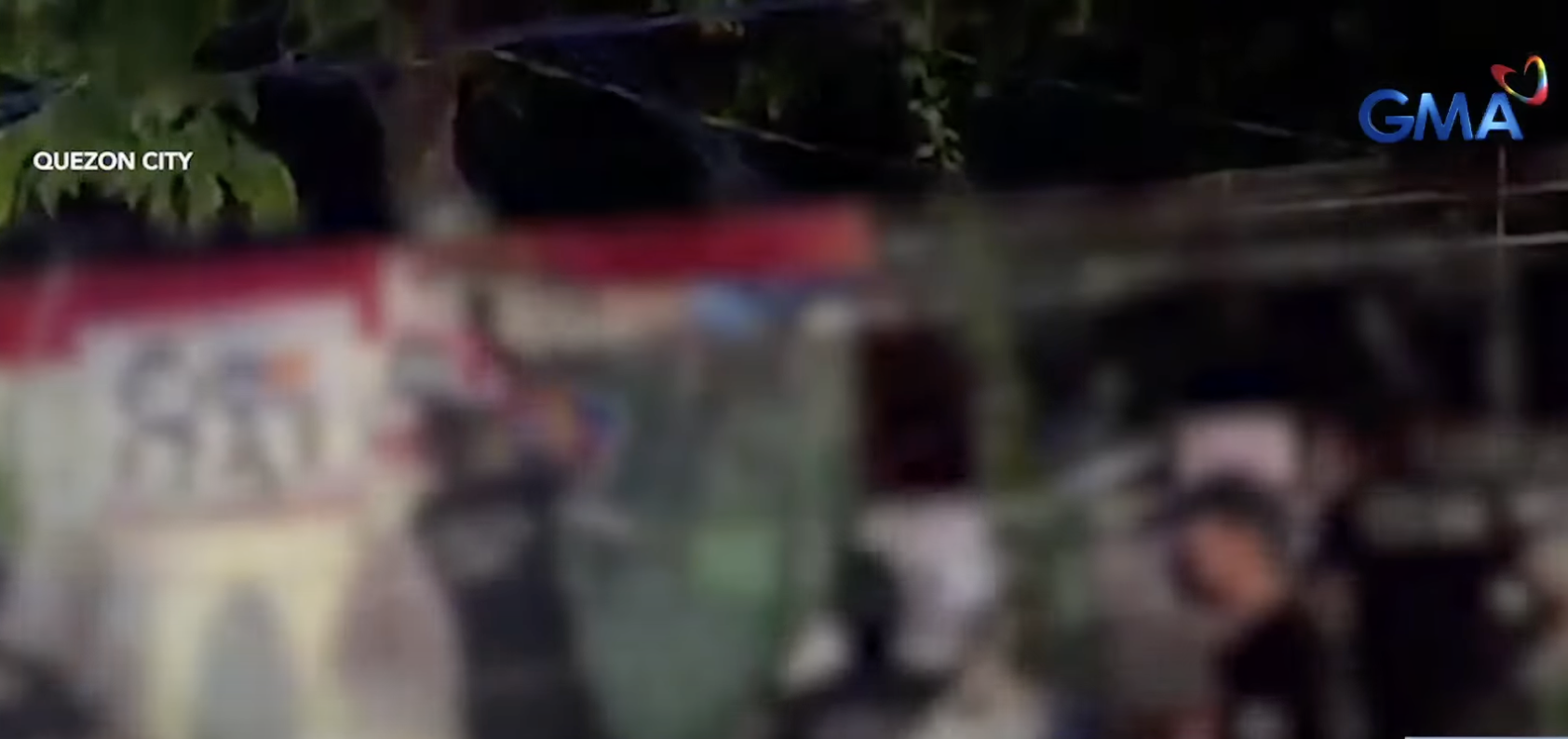Fake News Threatens to Overshadow Crime Decline in the Philippines - Rep. Bongalon Warns

Manila, Philippines – A concerning trend is emerging in the Philippines: while official reports indicate a decline in recorded crimes nationwide, a parallel surge in fake news and misinformation is threatening to overshadow this positive development. House Assistant Majority Leader Jil Bongalon has voiced strong concerns, warning that the proliferation of false narratives is creating unwarranted fear and anxiety among the public.
“The data speaks for itself – we are seeing a decrease in crime rates across the country. However, this progress is being significantly undermined by the rapid spread of fake news,” Rep. Bongalon stated in a recent press conference. “These fabricated stories and distorted information are not only untrue but also actively fueling panic and distrust in our institutions.”
The Impact of Misinformation
The issue isn't merely about inaccurate information; it’s about its impact on public perception and safety. Fake news often exaggerates minor incidents, presents misleading statistics, and even fabricates entirely new crimes. This creates a distorted picture of the security situation, leading to heightened fear and potentially influencing public opinion on law enforcement and government policies.
“People are relying on social media and unverified sources for their news, and this is incredibly dangerous,” Bongalon emphasized. “We need to be more critical of the information we consume and share. Sharing unverified news, even with good intentions, can have serious consequences.”
Combating the Spread of Fake News
Rep. Bongalon is advocating for a multi-pronged approach to combat the spread of fake news. This includes:
- Media Literacy Education: Implementing programs to educate the public on how to identify and critically evaluate online information.
- Collaboration with Social Media Platforms: Working with social media companies to strengthen their fact-checking mechanisms and remove false content more effectively.
- Strengthening Legal Frameworks: Reviewing and updating existing laws to address the creation and dissemination of malicious fake news, while safeguarding freedom of expression.
- Promoting Responsible Journalism: Supporting credible news organizations and encouraging ethical reporting practices.
The Importance of Verified Data
The lawmaker stressed the importance of relying on official data and credible sources when assessing the crime situation. “It’s crucial to look beyond sensational headlines and focus on the facts,” Bongalon urged. “The Philippine National Police (PNP) and other law enforcement agencies are committed to providing accurate and transparent information about crime trends.”
The challenge now lies in ensuring that this verified data reaches the public and effectively counters the damaging effects of fake news. Rep. Bongalon's warning serves as a timely reminder of the need for vigilance and critical thinking in the digital age, particularly when it comes to matters of public safety and security. The decline in crime is a positive step, but only if it's not obscured by a cloud of misinformation.
Moving Forward
The fight against fake news is an ongoing battle that requires the collective effort of government, media, and the public. By promoting media literacy, supporting responsible journalism, and holding social media platforms accountable, the Philippines can strive to create a more informed and secure society.






